By Oviya Kumaran
Oviya Kumaran studied on SIT Spain: Policy, Law, and Regional Autonomy in Europe. This story is reprinted with permission from the Swarthmore College Student Voices blog
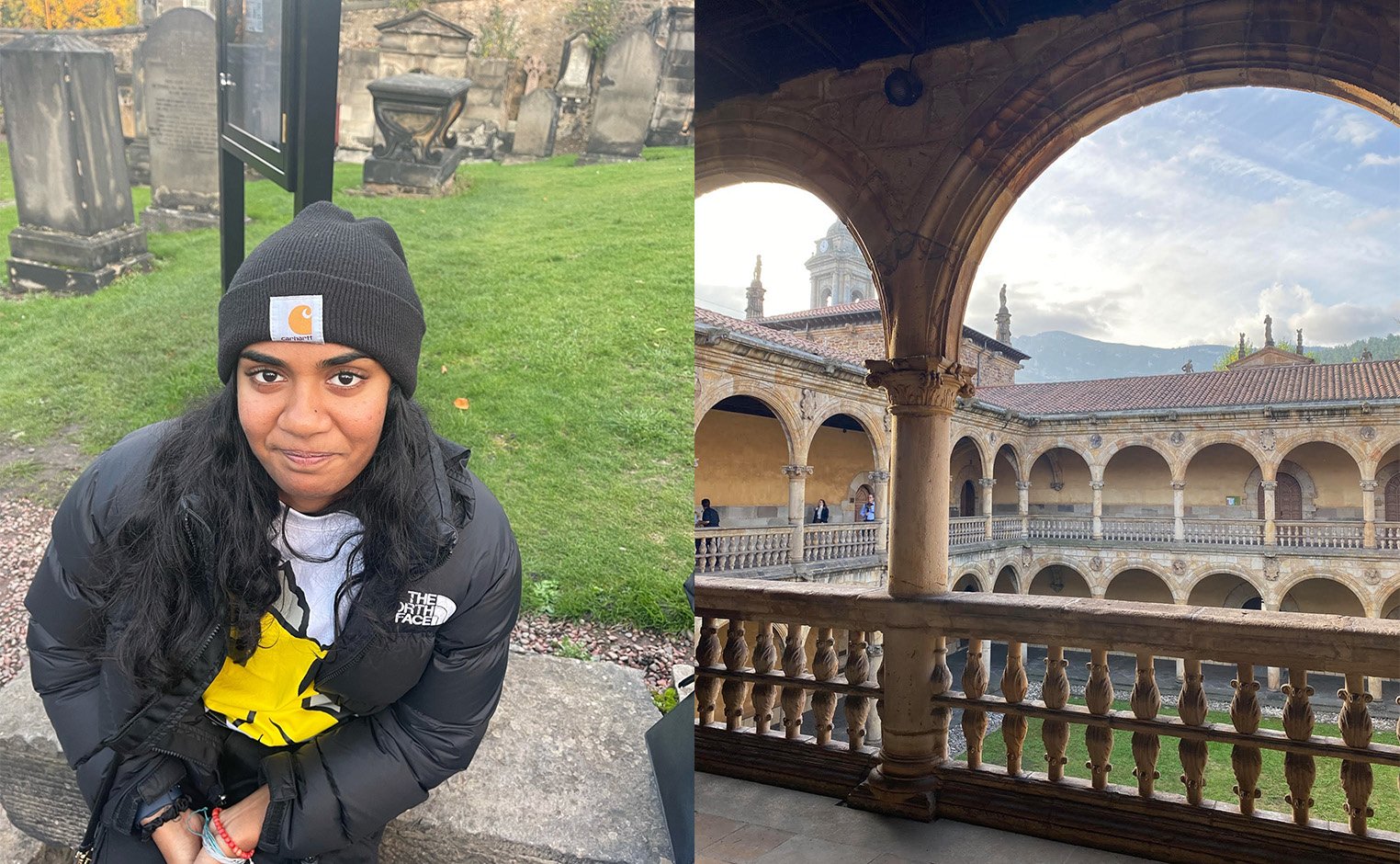
I studied abroad in Bilbao, Spain in the Fall of 2022. Like many Americans, of course I had heard of Madrid and Barcelona, but had never heard of the city of Bilbao. But now when I hear about Bilbao and the Basque region, my heart yearns to go back.
However, Bilbao goes beyond its city limits as it is a part of the Basque region. Its history and people go beyond the borders of Spain and spread into the Southern part of France too. As Spain was under a dictatorship for much of the 20th century, the Basque people were forced to no longer speak or teach their language and ignore much of their Basque identity. However the Basque people survived and are continuing the revival of learning of Basque, which is the oldest living language in Europe.Their legacy and continued fight for independence and autonomy was what my program was centered around.
This perfect mix of in classroom learning and outside classroom experiences made my learning experience better than I could have ever imagined.
My program, SIT Spain: Policy, Law, and Regional Autonomy in Europe, took us on excursions every Friday all over the Basque region. While we generally had class Monday to Thursday for the first month and a half, we ended every week by taking excursions on Fridays. One of my favorite excursions was visiting the city of Vitoria where the Basque Autonomous Community Parliament is, and meeting with a representative of the Basque Nationalist Party.
We were able to hear about their role and current initiatives in the parliament and ask them questions around independence, autonomy and how the parliament works. I saw firsthand how important issues of autonomy, independence and the Basque identity were to these representatives. It was amazing to learn from professors during the week about these topics and then be able to hear firsthand about the inner workings of the government.
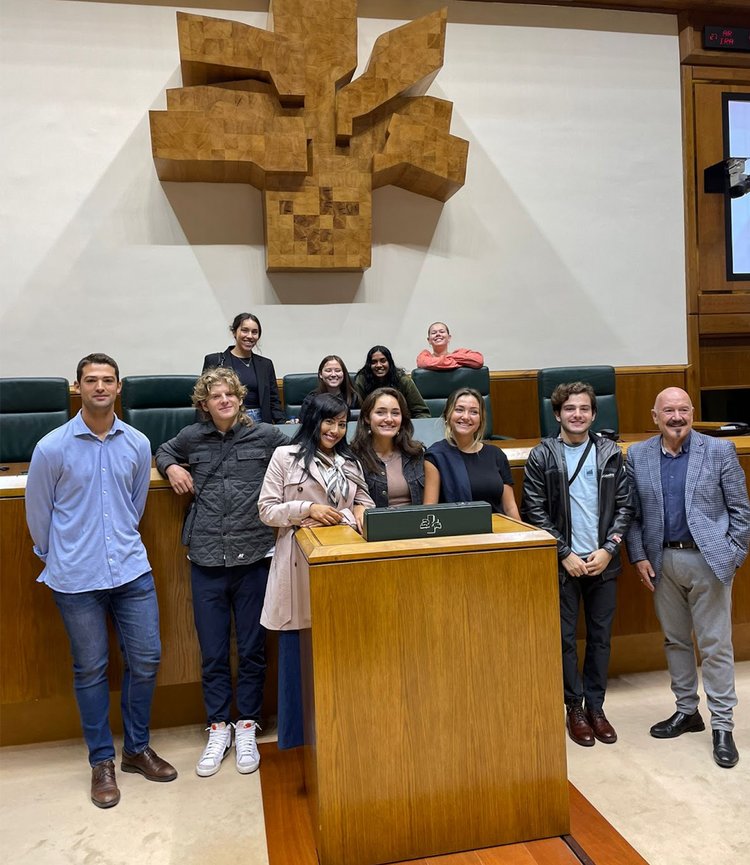
We were also able to take a mural tour while we were there, as there are many murals throughout the city. Many of the murals were organized and done by the community members themselves. These murals were beyond beautiful and showed all kinds of images such as comic book-like art or words in different languages.
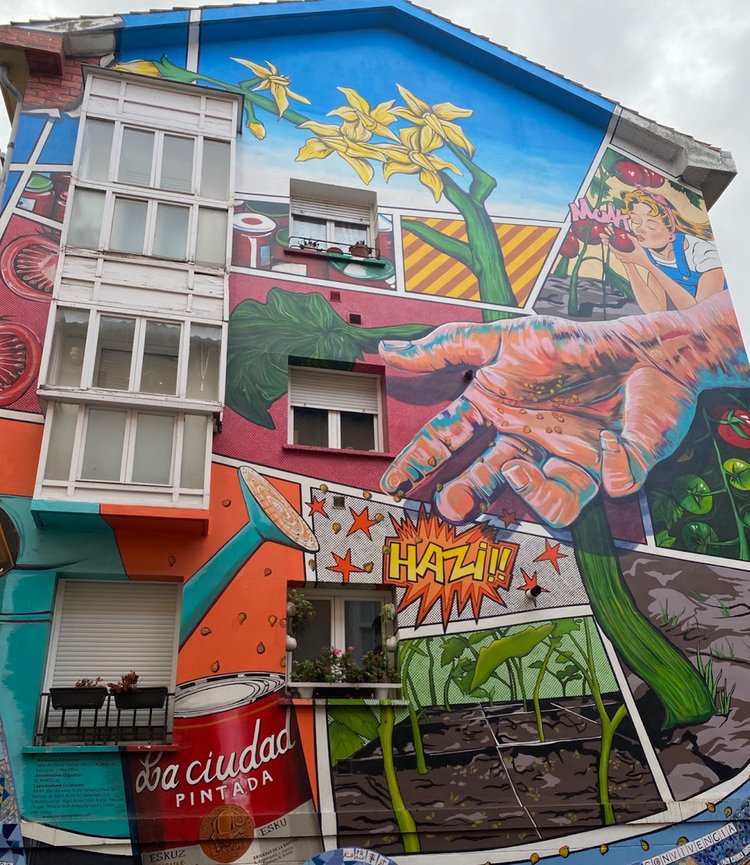
On another excursion, we visited Bayonne, which was about an hour away in the south of France. Here, we were able to understand how the Basque culture and society was surviving in France and how it differs from the Spanish side. We visited a museum all about Basque history and culture and later in the day visited an organization aiding immigrants and refugees in the area.
We continued our learning around regional autonomy by visiting Catalonia in Spain, another autonomous community, and visiting Scotland.
This perfect mix of in classroom learning and outside classroom experiences made my learning experience better than I could have ever imagined. Meeting with governmental and nongovernmental officials and organizations, visiting museums and cultural centers, and traveling all added greatly to my learning. And we continued our learning around regional autonomy by visiting Catalonia in Spain, another autonomous community, and visiting Scotland. We spent a full week in both places and similarly visited their respective parliaments and were able to meet with representatives there as well. We spent quality time exploring so many factions of these areas from their history, language, culture, politics and more.
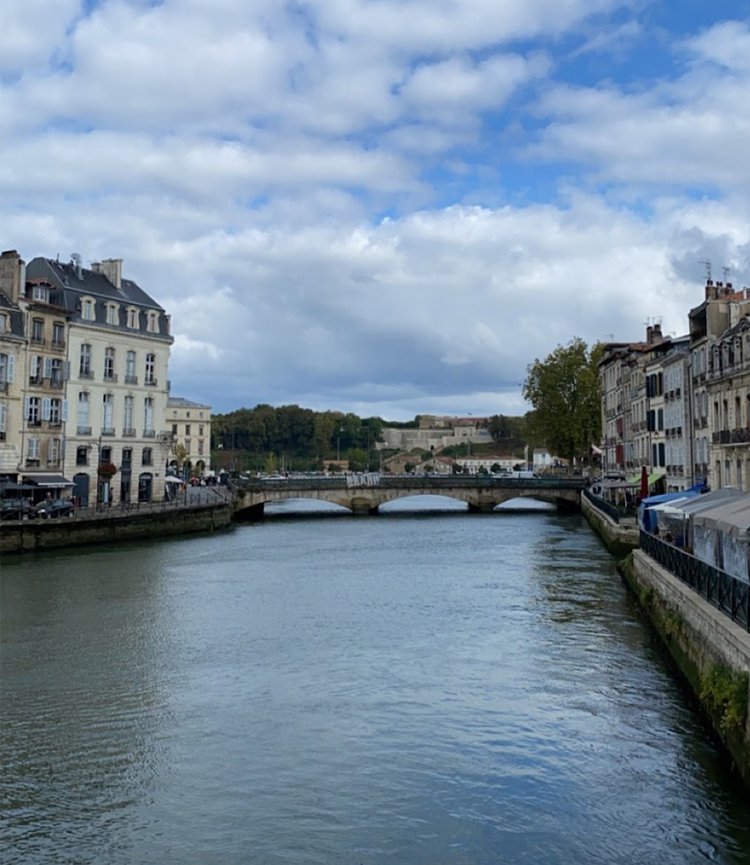
At Swarthmore, most of our studies often take place in the setting of a classroom. I was able to use my classroom knowledge and expand it with the excursions and trips we took. I found that abroad I fell in love with the learning that was done outside the classroom, meeting with leaders in the field,visiting museums, going on tours and being immersed in the culture and society.
Registration now open for nearly 40 SIT summer programs
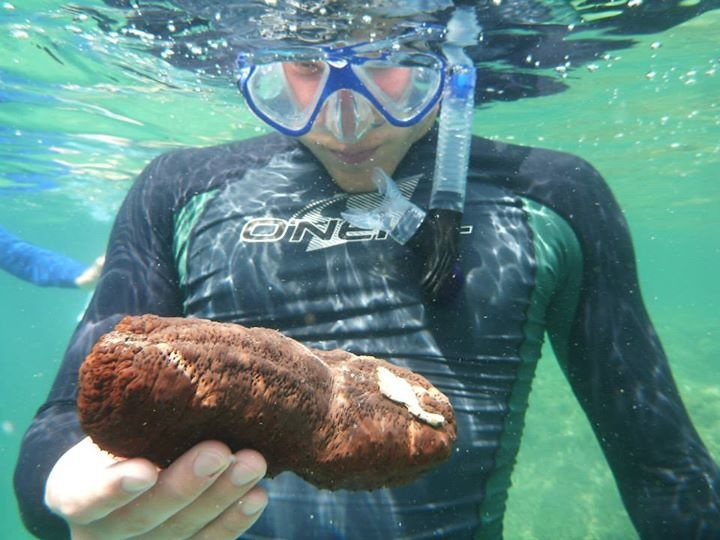
If you haven’t yet begun planning for next summer, this is a great time to start.
Registration opens Wednesday, Sept. 15, for 38 SIT summer 2022 study abroad opportunities. Included are new programs that encompass art and social change in Eastern Europe; hip-hop music and decoloniality in Senegal; climate change in Jordan; peace-building and human rights in the Balkans; human trafficking in the Netherlands; food security in Italy; epidemiology in Argentina; and urban design and social justice in Spain.
“SIT has historically expanded the frontiers of international education, creating global opportunities of learning and cultural immersion for thousands of students a year across all continents,” notes SIT Dean of Faculty Dr. Said Graiouid. “The summer 2022 portfolio maintains that tradition with programs that focus on social, political, economic and scientific arenas and in diverse historical periods and geographical settings.”
Students are challenged to embrace a human-centered, comparative approach …”
SIT’s immersive programs next summer will take place in sub-Saharan Africa, the Asia Pacific region, Europe, and the Middle East/North Africa.
SIT will also once again offer virtual internships that allow undergraduates to build invaluable professional and academic experience on a range of subjects. These include two Jordan internships, in counseling and humanitarian action, and in community empowerment and climate change; women’s rights in Cameroon; education and social change in Chile; sustainability in India; public health in Kenya; human rights in Serbia; diplomacy and international relations in South Africa; and development and gender in Vietnam.
Regardless of which program they choose, says Graiouid, “students are challenged to embrace a human-centered, comparative approach in which they engage with resources and the competencies needed for the development of the skills of critical literacy, intercultural communication, and intellectual polity.”
Alix Swann, an international studies major at Spelman College, did a virtual internship on the Chile program in fall 2020 in which she worked with a women’s collective that fights street sexual harassment. Alix’s task was to teach about U.S. laws and policies on sexual harassment in the workplace and digital sexual harassment.
“Before this internship, my viewpoint was solely from a U.S. perspective, and I now no longer try to relate everything to the U.S.,” she says.
Yardena Meyerhoff, a physics and astronomy major at Whitman College, also did the Chile program, interning with the Colegio de Profesoras y Profesores de Chile to conduct a comparative analysis of Chile’s standardized testing system and the effect of standardized testing on student learning and development.
“My meetings with my internship advisor were very organic and natural and would often go in fascinating and sometimes unexpected directions. Our conversations made me think about my own experiences with education growing up in Minnesota, and how education systems around the world suffer from similar inequalities,” Yardena recalls.
SIT’s virtual language programs have also been popular during the pandemic. Language options for summer 2022 include all levels of Arabic (from Jordan); Swahili (Kenya); Hindi (India); Nepali and Tibetan (Nepal).
New SIT programs for summer 2022 are:
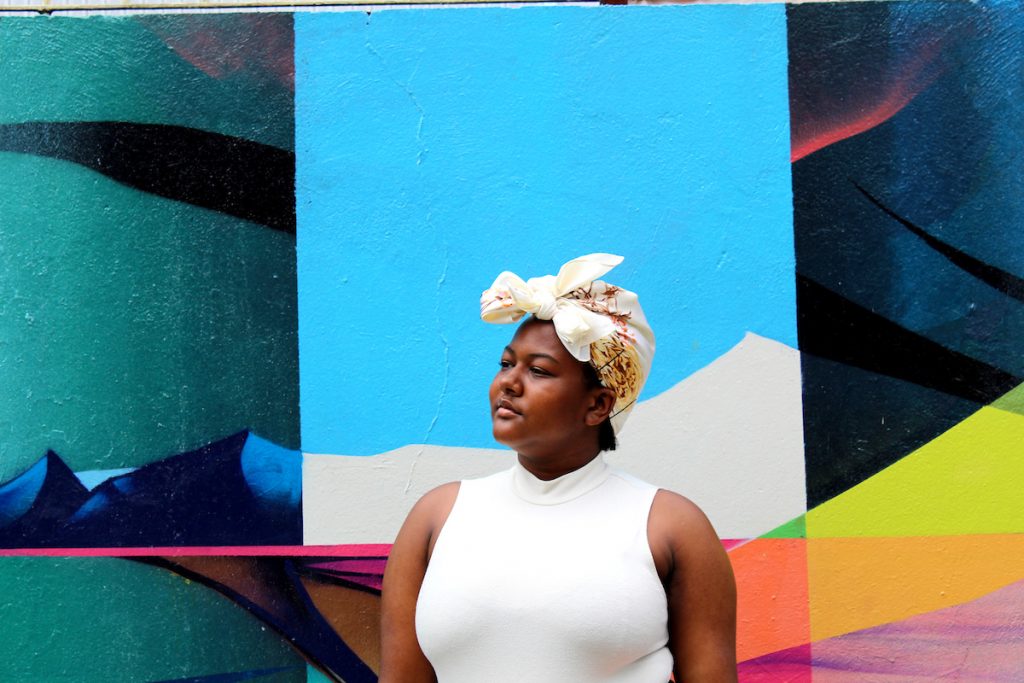
Argentina: Epidemiology and Healthcare Management—Through SIT’s close partnership with ISALUD, the nation’s top health university and think tank, examine urban epidemiology, health inequalities, and the challenges of managing health services and policies to expand access to healthcare.
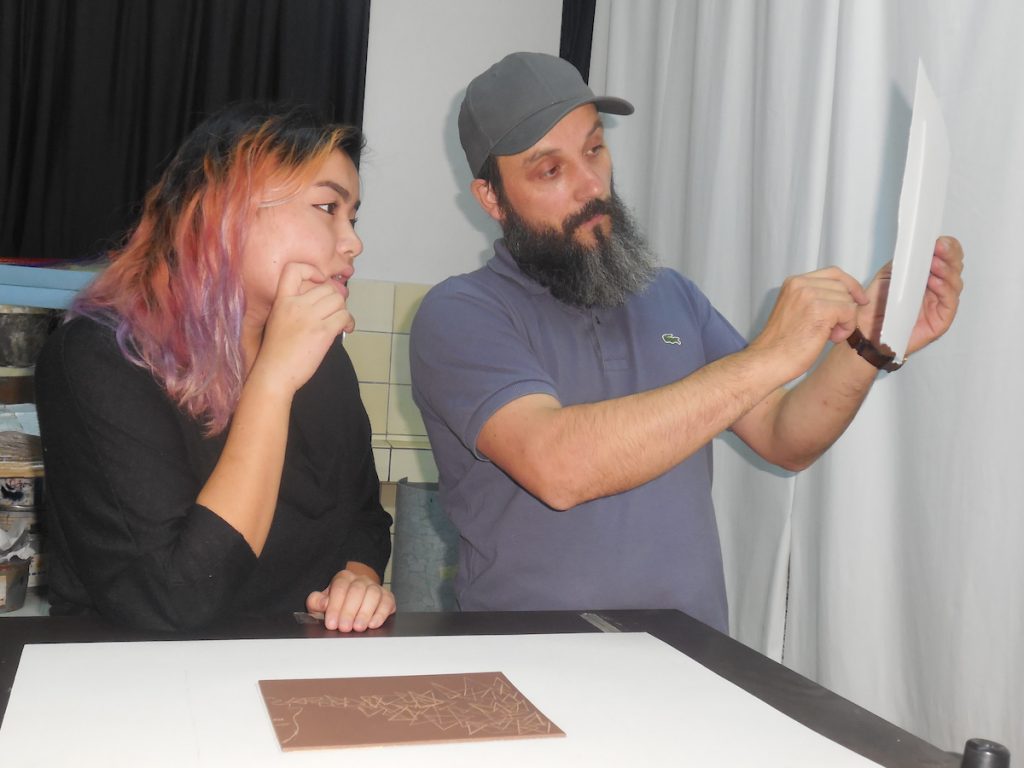
Czech Republic: Studio Arts—Explore photography, creative writing, or contemporary dance through an intensive arts workshop while examining debates around art, politics, and society.
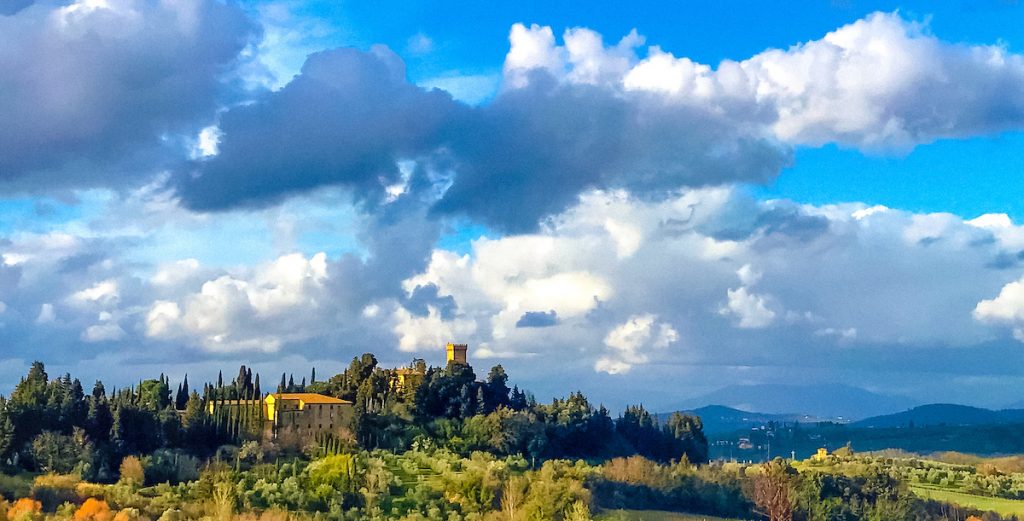
Italy: Food Security and Nutrition—Delve into sustainable agriculture on a Tuscan estate and explore how international experts are confronting challenges of food security, nutrition, and health.
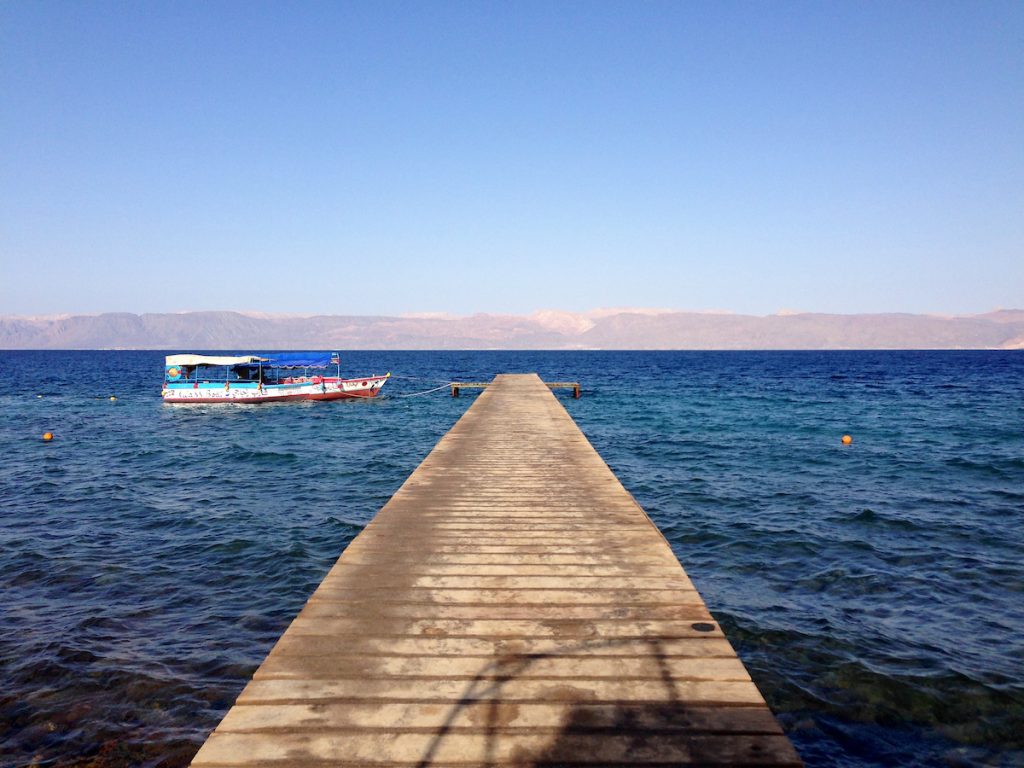
Jordan: Community Empowerment and Climate Change Internship—Gain professional experience with a UN or government agency or NGO working with youth and vulnerable groups on community empowerment and environmental sustainability.

Netherlands: Human Trafficking, Sex Trade, and Modern Slavery in Europe—Examine diverse areas of human trafficking and the sex trade, including the relationship between sex workers and broader societies.
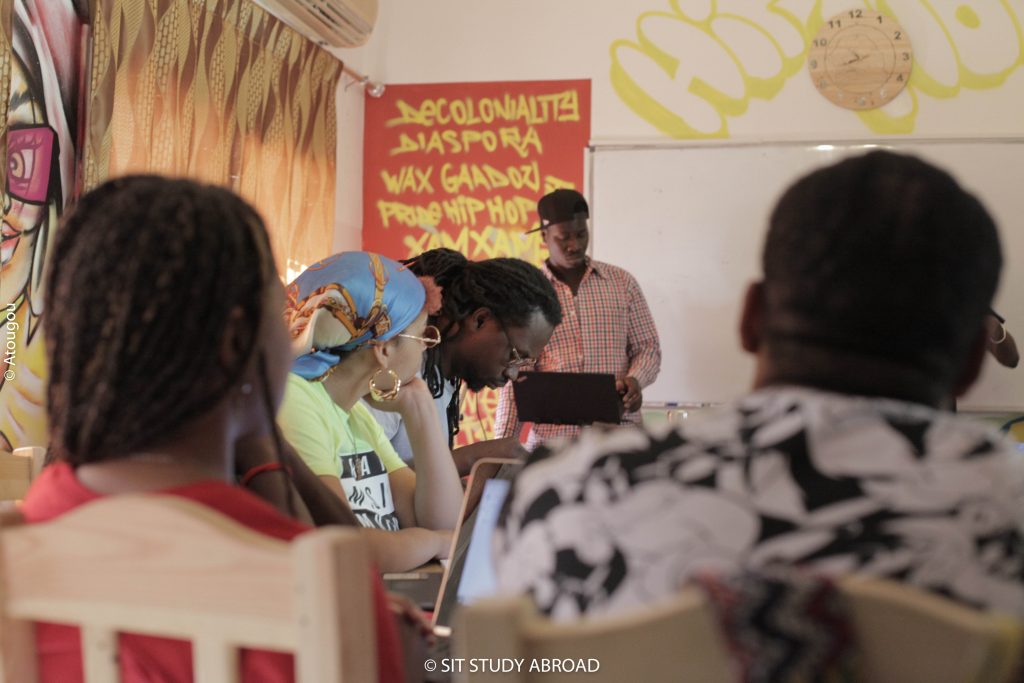
Senegal: Hip-Hop, Resilience, and Black Struggles—Examine how young Africans use hip-hop to question traditional representations of Africa, imagine the continent’s future, and raise consciousness of globalization and (in)equality.
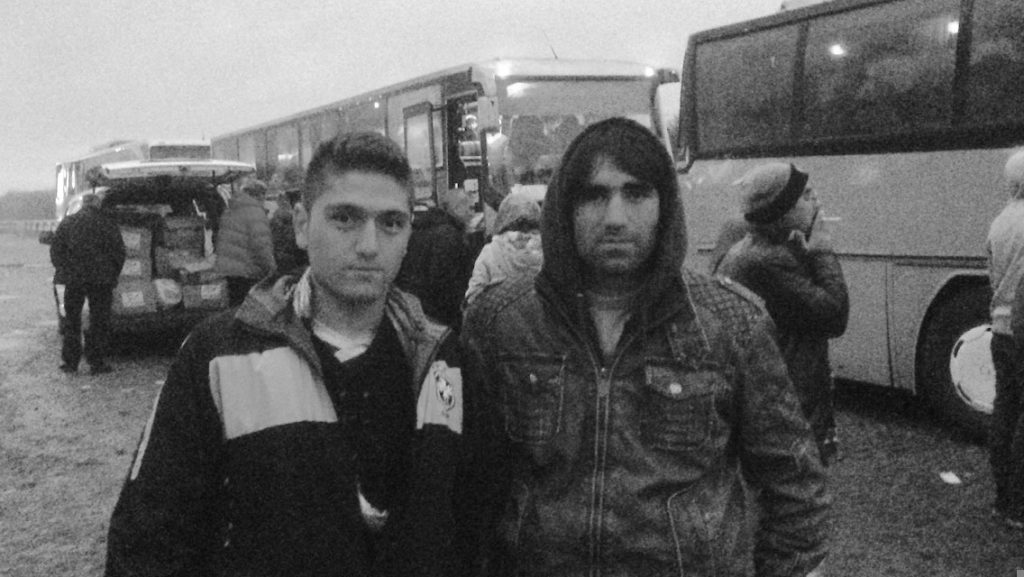
Serbia: Transitional Justice, Human Rights, and Memory Activism Internship—Look at justice, human rights, and memory in post-conflict societies and contribute to the work of an important organization with a meaningful internship.
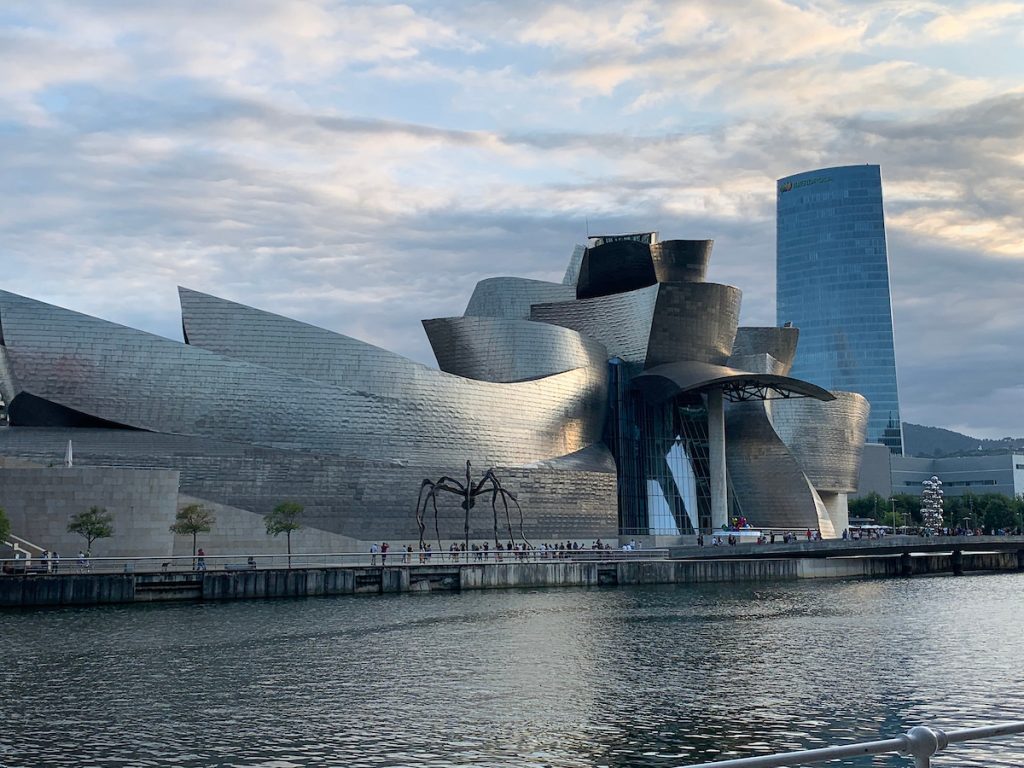
Spain: Sustainable Urban Development and Social Justice—Explore the approaches Spanish cities are taking to pursue sustainable urban development within a social justice framework.
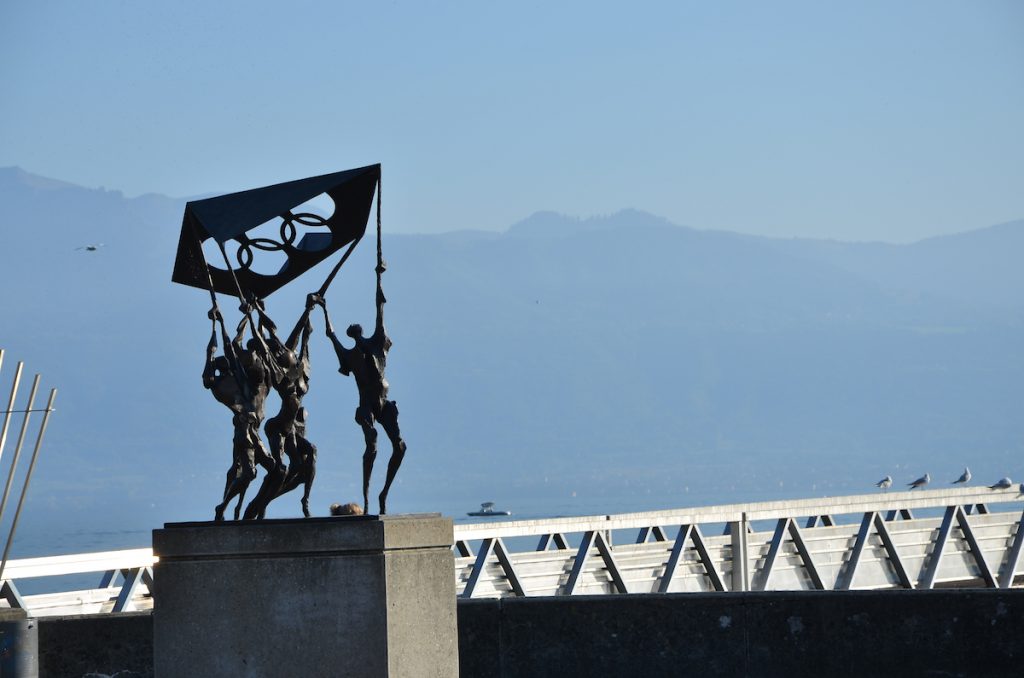
Switzerland: Global Health and Development Policy—Compare public health systems within the framework of international and sustainable development, humanitarian action, human rights, and social justice.
For more information about these and all SIT Study Abroad programs, visit www.studyabroad.sit.edu.
“My time abroad really showed me the beautiful, common humanity that we all share.”
This article first appeared on the Southern Methodist University Tower Center blo website. It is reprinted here with permission.
Marian Tower Scholarship recipient Hunter Kolon reflects on how she applied this generous award to study law, policy and regional autonomy at the School for International Training in Bilbao, Spain.
Describe your life in the country you were in.
While Spain as a whole has its own culture and history, the country is divided into 17 autonomous communities each with their own unique geography, climate, politics, history, culture, and some even with their own language. Bilbao is in the Basque Region, an autonomous community in northern Spain that prides itself on their distinct language (Euskera – we would often hear that it is ‘one of the most ancient languages in Europe’), widely celebrated traditions and folklore, and internationally renowned cuisine. While many of the Basque people that I interacted with identified with their Spanish identity as well as their Basque identity, the issues surrounding identity and autonomy have been contentious for decades.
Last year marked the end of a 40-year-long conflict led by a Basque nationalist terrorist organization with aims to liberate the region from Spain. With the recent end to the Basque conflict, the rise of the Spanish far-right, and the delicate situation in Catalonia, it was a very interesting time to be studying political science in Spain. While the Basque language is nothing like the Spanish I had been learning, and rich culture is often unexplained and deeply ingrained into communities, the friendliness and welcoming nature of the Basque people made immersion a smooth and rewarding process.
I knew that choosing the School for International Training and a program with language and homestay components would push me outside of my comfort zone, challenge me, and allow me to fully immerse in the community.
Why did you select this country/program for your study abroad experience?
Although the region has its own language, mostly everybody uses Spanish in their daily lives and communication (especially in a bigger city like Bilbao). I knew that choosing the School for International Training and a program with language and homestay components would push me outside of my comfort zone, challenge me, and allow me to fully immerse in the community. Secondly, this program focused on law, policy, and regional autonomy in Europe, something I first took interest in when studying abroad in Prague last summer with Dr. Corley and Dr. Kunovich. I wanted to build on that program and apply my studies in political science, international affairs, and Spanish. Lastly, it allowed for an independent research project where each student researched a program-related topic that was of interest to them. As I continue to grow academically, it is extremely valuable to improve my analytical skills through these kinds of large-scale, experiential projects.
As I continue to grow academically, it is extremely valuable to improve my analytical skills through these kinds of large-scale, experiential projects.
What was a typical day like for you?
Every day looked different. For the first part of the semester, we took intensive Spanish classes with one of the university’s professors followed by lectures from experts in topics that ranged from the Basque language in schools, to the role of regional autonomous communities at the EU level, to traditional Basque sports and leisure activities.
Since our program took a comparative look at independence movements in the Basque region, Scotland, and Catalonia, the second part of the semester was spent traveling with the program to Edinburgh, Glasgow, Girona, and Barcelona. On the trip we met with civil society groups, activists, and politicians to learn more in-country context and hear first-hand about the situations on the ground in the Scottish and Catalan independence movements.
The last month of the semester was spent working on our independent research projects. We spent most of the month conducting interviews for our research and taking advantage of the university and community libraries and resources. When we were not researching, we would go to the beach, walk along the water, spend time at the local pintxo bars (the Basque version of tapas bars!), go into the city to visit the Guggenheim museum, explore the restaurant scene, and travel to nearby countries and cities.
What is one lesson you took away from your time there?
One of the things I took away from this semester was that everyday life looks really similar everywhere for everyone. When we travel internationally, we are always looking for ways to interact with new cultures, to try new foods, to explore new places, to go on new adventures, and to meet new people. There is no better way to accomplish all of those goals than by living with a local family and truly trying to become a part of the local community.
It is so easy to get caught up in experiencing everything that is different and new, but it is so refreshing and thought-provoking to take in all that is the same.
I tried to integrate myself by frequenting neighborhood bars, cafes and restaurants, supporting local businesses, joining the yoga community, walking on the popular path by the water, practicing my Spanish, learning new Basque words and traditions, and talking with anyone who would listen. While there were a lot of small things about the Basque culture and lifestyle that were different (like eating dinner at 11 p.m.), my time abroad really showed me the beautiful, common humanity that we all share. It might seem simple, because it is. Humans everywhere are not all that different, no matter how unique a culture may feel.
One of my favorite quotes is by Terence, the Roman playwright, and I think it sums my experience up quite well: “I am human, I consider nothing that is human alien to me.” It is so easy to get caught up in experiencing everything that is different and new, but it is so refreshing and thought-provoking to take in all that is the same.
How has this experience influenced your goals for the future?
I really felt that all of the academic experiences I have had through my time at SMU came together this semester. My independent research project was on the lack of transitional justice in post-Franco Spain and its impact on victimhood. … I have been interested in and passionate about the topic of transitional justice. Getting to spend a month reading, learning, talking, and writing about it made me realize how important of a topic transitional justice is to me and the global impact it has had.
Overall, my experience in Bilbao affirmed that I am on the right path to continue pursuing what I love. While I am not exactly sure where that path is going to take me, as long as I remain excited about and motivated by what I am learning, I know I am headed in the right direction. Lastly, I think that this experience really improved my Spanish and grew my confidence in using it outside the classroom and in my everyday life.
What is it like transitioning back into life in the U.S.?
My first week back in the states felt a little bit like whiplash. I kept almost accidentally saying (sometimes actually saying) phrases like ‘Thank you’ and ‘Excuse me’ in Spanish. It was a really weird feeling to not have to think out what I wanted to say when my family asked what I did that day, or when not having to make sure I knew what every ingredient meant when I ordered at a restaurant. While I am so glad that I chose a program with a homestay experience, there is nothing quite like the comfort of your own home, room, bed, and especially, your own family. There are some comforts that cannot be easily replaced, and while I love to push and challenge myself, it is always a relief to go back to the small things that you have known your whole life (Tex-Mex food for one!). I definitely miss the friends and family I made in Bilbao, and at first, it was so hard not seeing them every day like I had for the last four months! … I am so thankful to so many people for the amazing experience I had abroad, and now it is on to the next adventure.
Zuriñe (“Zuri”) received her bachelor’s degree in modern languages with specialization in English and linguistics from the University of Deusto in 2016. That same year, she moved to Nebraska, where she completed a master’s degree in literature while working as a teaching assistant of Spanish at the University of Nebraska–Lincoln. After graduating in 2018, she moved back to Spain and started another master’s degree in teacher training for compulsory secondary education, baccalaureate, vocational training, and language teaching. Before working at SIT, she taught English in Bilbao. Zuriñe supports the logistics of the program and communication between students and families.
Carolina holds a five-year degree in arts from the University of Buenos Aires and a postgraduate degree in contemporary cinema and theater. She became involved in the field of international education in Argentina when it was a little explored field in the country and specialized in the design of materials for cultural immersion in multicultural contexts. Her interest in intercultural education led her to design study programs for various universities and study abroad institutions from the United States, focusing on the area of Social Studies. In 2005, she started her pedagogical involvement with the International Honors Program by implementing the first IHP program in Argentina: Cities in the 21st Century; and in 2012, she designed and implemented the Health and Community program. Her approach to the field of international studies allows her to deepen and unify her passion for culture, arts, and politics with the field of intercultural education, and she feels very fortunate to be able to share that passion with the students, as well as awakening their curiosity and desire to learn, all in a context of mutual respect and understanding.
Dr. Tricot is a political scientist and journalist with more than a decade of experience in international education, academic research, and university teaching. He has led study abroad programs in Chile, Peru, and Spain. This includes development of academic syllabi, excursions, and budgets, as well as managing staff teams. His main research interests and publications involve Latin American politics, social movements, and indigenous peoples’ political participation. Dr. Tricot is a regular contributor to various Latin American media organizations where he comments and writes on current affairs relating to Latin American politics.
See Dr. Tricot’s full list of publications
Courses Taught
Graduate Courses Taught
Peace and Justice Field Seminar: Spain
Undergraduate Courses Taught
Independence Movements, Citizenship, and Human Rights
The Geopolitics of Borders and the Future of the European Union
Research Methods and Ethics
Independent Study Project
Sustainable Urban Development in the Basque Country Project
Sustainable Urban Development and Right to the City Project
Select Publications and Activities
Tricot, V. (2021). Experiencias autonómicas en el movimiento mapuche: Revista d’estudis autonomics i federals, [en línia], 2021, Núm. 34, p. 59-84
Tricot, V. (2021). Please Mind the Gap: Autonomization and Street Politics. In The Social Outburst and Political Representation in Chile (pp. 75-89). Springer, Cham
Navarrete, B. & Tricot, V. (Eds.). (2021). The Social Outburst and Political Representation in Chile. Springer International Publishing
Tricot, V. & Bidegain, G. (2021). Escaños reservados para los mapuche en la Convención Constitucional: Una rendija institucional gracias a la revuelta. Anuario del Conflicto Social, (12)
Tricot, V. (2020). Algunas respuestas mapuches en el contexto de la epidemia. Revista Catalana de Dret Ambiental, 11(2)
Tricot, V. (2020). ¿Octubre como coyuntura transformadora?” Revista Historia en Movimiento. De la Revuelta Popular a la Rebelión. Ensayos de interpretación. 5(5)
Tricot, V., & Bidegain, G. (2020). Un año más de desencuentros: participación y política institucional mapuche en 2019. Anuario del Conflicto Social, (11)
Tricot V., & Bidegaín, G. (2020). En busca de la representación política: el partido mapuche Wallmapuwen en Chile. Estudios sociológicos, 38(113), 375-407
Tricot, V. (2020). Algunas reflexiones preliminares sobre el colapso del vergel chileno. IBEROAMERICANA, Foro de Debate, Vol. 19, Núm. 73
Tricot, V. (2020). Colonialism and Ethics of Undergraduate Research Abroad. In K. Patch, and L. Berends (Eds.), Undergraduate Research Abroad. Approaches, Models, and Challenges, NAFSA Publishing, 2020
Albala, A., & Tricot, V. (2020). Social Movements and Political Representation in Chile (1990–2013). Latin American Perspectives, 47(4), 131–149
Select Presentations
Tricot, V. (2021, November). Creación y Activismo. Simposio javeriano sobre la ética en la creación, Asistencia para la Creación Artística de la Vicerrectoría de Investigación de la Pontificia Universidad Javeriana, Colombia
Tricot, V. (2021, July). El movimiento mapuche en el Chile actual [Seminar]. Universidad Abierta de Recoleta
Tricot, V. & Bidegain, G. (2021, June) Escaños Reservados para los mapuche en la Convención Constitucional: Una rendija institucional gracias a la Revuelta [Television interview]. Universidad Alberto Hurtado TV
Tricot, V. (2021, May). El paro sigue sonando: Música y protesta social en Colombia y Chile (2019 – 2021). [Seminar]. Facultad de Ciencias Políticas y Relaciones Internacionales de la Pontificia Universidad Javeriana, Colombia
Tricot Salomón. V. (2021, May) Endogenous Models of Democracy: The Experience of Indigenous Peoples in Peru and Chile [Seminar]. Critical Conversations, SIT Study Abroad
Tricot Salomón. V. (2021, April). Orígenes y evolución del sistema político chileno [Seminar]. Basque Country University
Tricot Salomón. V. (2021, May). Conferencia sobre las elecciones constituyentes en Chile 2021, [Seminar]. Basque Country University
Tricot Salomón. V. (2021, October). Chile, miradas desde la Resistencia [Seminar]. Universidad Javeriana Colombia
Tricot Salomón. V. (2021, February). Resisting from the Streets: Creativity and Innovation on Social Protests in Chile. [Panel presentation], Global Conversations, Skidmore Collage
Research Interests
Social movements
Indigenous movements
Indigenous political participation
Contentious politics in Latin America



